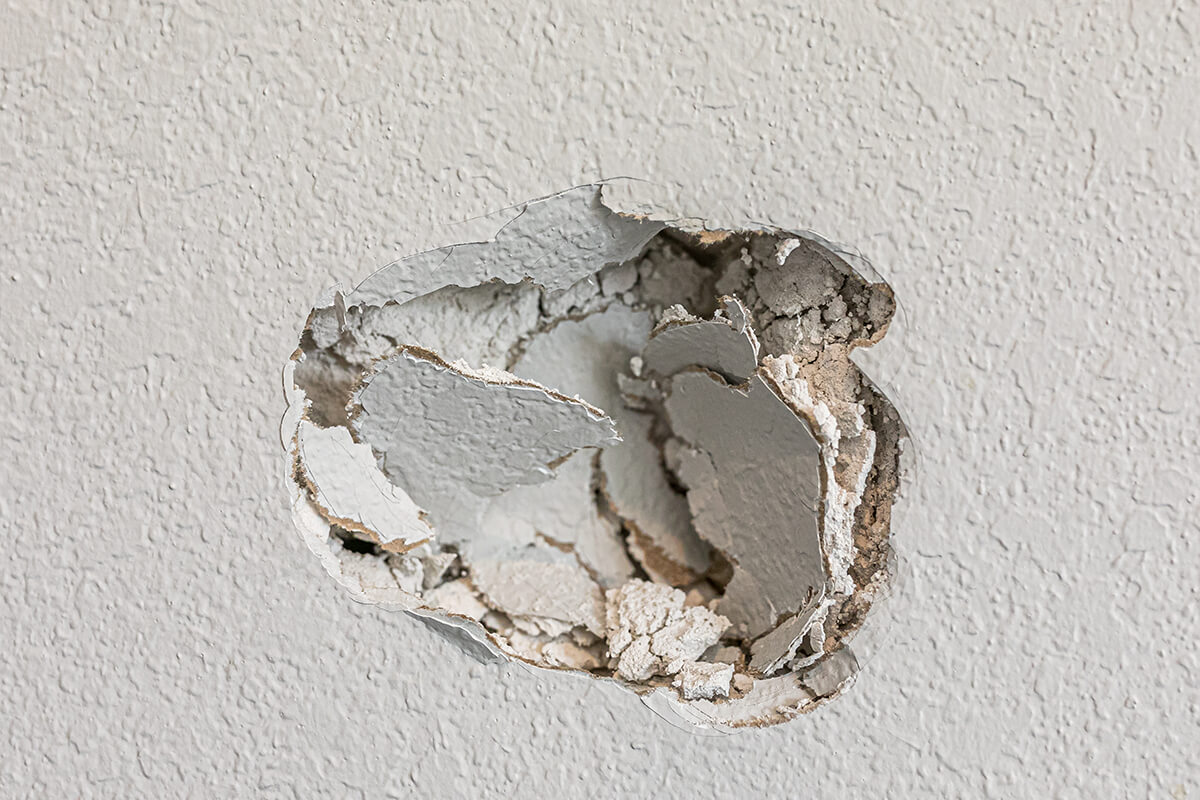The Ultimate House Viewing Checklist for Buyers
06 Jan
Please wait...
21 Apr

Of course, it is assumed that no tenant will ever care for the rental property as the Landlord or owner would. It is true of most things. We care more for the things we are deeply invested in. That said, a landlord should have things in place to ensure the property is well kept while rented out.
Here are some proactive steps for landlords when beginning the rental process.
Step One- Renter Screening Protocol
Finding the best tenant for your rental property starts with defining your rental agreement. From first contact, your impression of them should be a good one. Then take the time to get to know them, what they do, and more.
Ask questions such as:
Then have the potential tenant fill out an application where you can gain information that will help you know even more about them. And double-check all information!
Step Two- Security Deposits
Security deposits are essential! This way, you have the funds to repair the excessive damage. That said, normal wear and tear are not included. A few things that the security deposit would cover include a broken shower or bathtub, a smashed mirror, holes in the walls, and the like.
Step Three- The Rental Agreement
When you compose your rental agreement, it should be detailed and precise. Leave nothing to interpretation. And it should be easy to read and comprehend by the client you are renting to.
A complete rental agreement will eliminate any question of responsibility and aid in communication.
Step Four- Pre-Rental Inspections
Before the tenant ever moves in, there should be an inspection done. When you and the renter have a signed agreement of any damages or lack thereof before moving in, it is easier to compare upon move-out day.
And if you would like to stop by for an inspection, notify the tenant. This advanced warning makes the tenant feel at ease and continues positive renter/landlord communication.
Step Five- Landlord/Renter Relations
Clearly, you want to be a professional, but being kind and helpful goes a long way. The renter should feel they can come to you will questions or concerns without intimidation. Ensuring they are happy and repairs are done promptly is essential to that relationship.
Step Six- Chose Landscaping Wisely
The landscaping of your rental property is an integral part of making tenants feel at home and take pride in where they live. If you want the landscaping to stay pristine, consider providing lawn maintenance. If not, be sure your plants are easily maintained and are drought tolerant.
Step Seven- Renter Education
If you leave manuals and offer training, your tenants will know better how to operate the various appliances in the home. For instance, it is good to walk through how and when to set a sprinkler system. Smart appliances, doorbells, and lighting can all be controlled differently. Be sure they know how to work the systems in the home. And if the floors or counters require specific cleaners, it is good to provide a sample and let them know how to clean them best.
Step Eight- The Final Walk-Through
When a renter moves out, they should join you in a final walk-through of the home and property. That way, all is clear and agreed upon in person and before anyone is surprised.
In Conclusion:
As a landlord, it is your job to check on tenants and make sure they are happy where they live—showing that you care for the renters and the home goes a long way. In fact, when you demonstrate your cooperation with tenants, they will be more likely to care for the property, pay rent on time, and notify you if there is ever an issue.
CITED: Landlordtalking.com, Luxurypropertycare.com